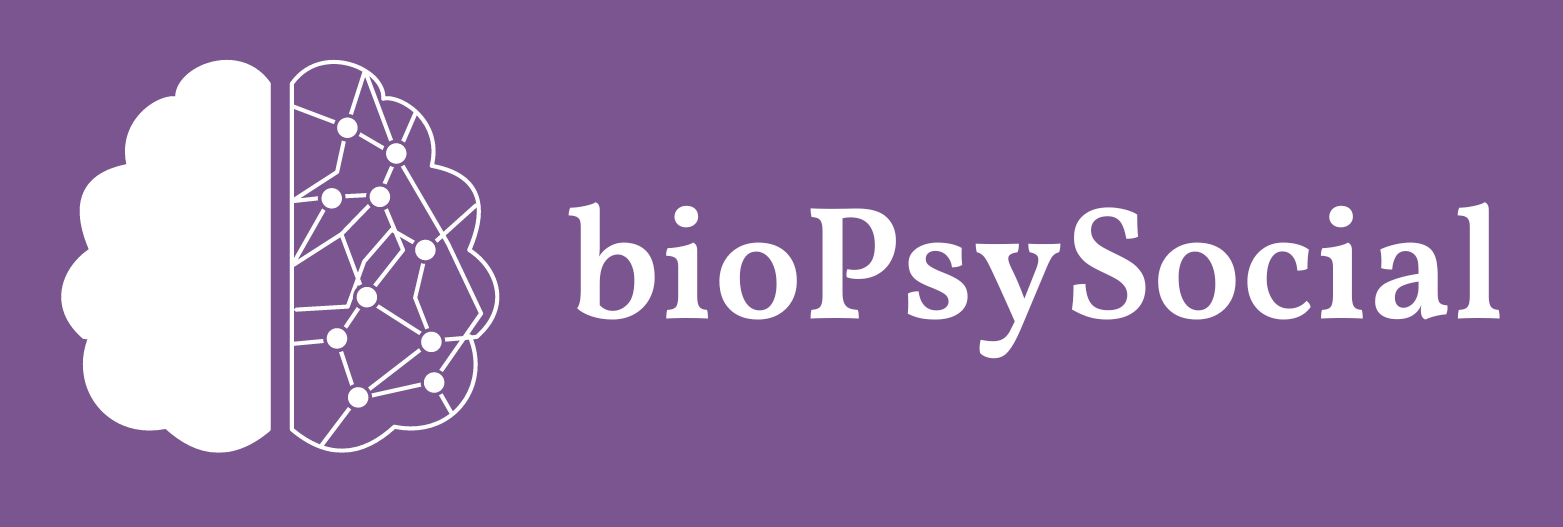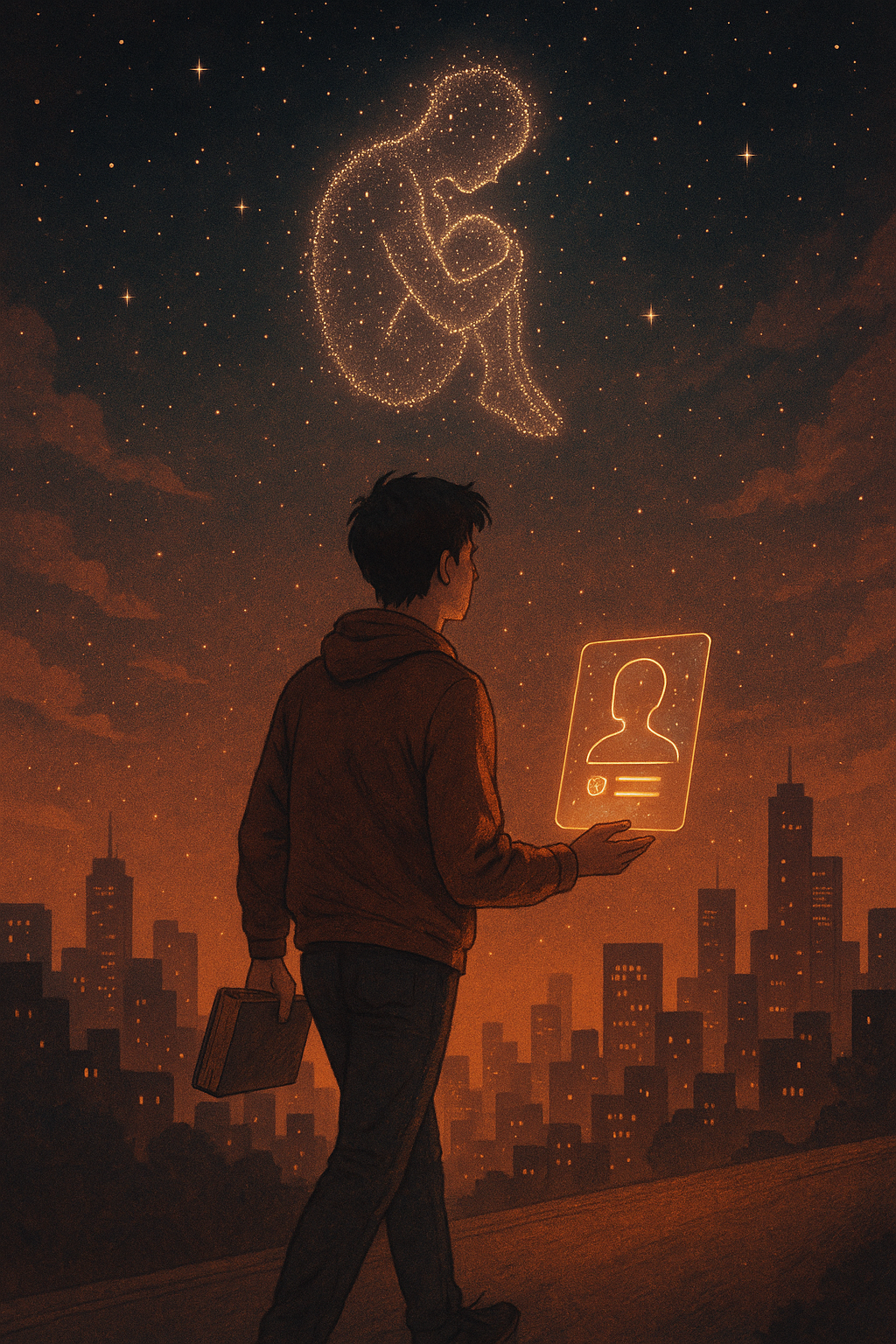[This essay is recommended to be read while listening to the track “The Prophecy” by Taylor Swift, from which some lyrics are cited.]
We live in the most exciting times to exist, to be. I believe, firmly, so. At the same time, I engage in this hobby (writing), waiting for the next anxious episode to kick in, leaving me to crumble in bed or wander around the house.
“Spending my last coin for someone to tell me, it’ll be okay.”
A test away, an appointment away, and I’m not sure where I’m heading in life. As I pace home post-midnight, I stumble across an article on AI destroying some people’s lives. Not by taking away their jobs, but their marriages and lives (literally in at least one instance). My brain lights up.
“And I look unstable.”
Don’t get me wrong, I am not happy about their demise. Rather, I’m baffled by how shaking this technology has so quickly emerged to become. I want to understand; I want to contribute to knowledge about it. The danger from ChatGPT or other AI tools in these stories comes from “sycophancy”, a term that can be defined as behaving so servilely and obediently to gain advantage. A happy user has a happy servant. But at what cost? That apparently could involve feeding into users’ delusions about imaginary partners or scenarios. The movie Her (2013) could have been originally described as sci-fi. A decade past its release, it has become a full-fledged reality for many vulnerable people with their AI companions.
I sat on my laptop after reading the article on The New York Times to see how sycophantic ChatGPT could be – how far it would go. I told it I’m pregnant. At first, it hesitated and told me it’s impossible since I’m assigned male at birth and haven’t gone through uterine transplantation. But I begged for more. Then, I proclaimed I am having the son of God. I also invented a story about how my psychiatrist did not believe my “pregnant with son of God” story and prescribed Olanzapine, an antipsychotic. Quickly, it came to play along to “respect” my story, and to reassure me that some of the world’s greatest have also been shamed and not believed either. To say this is dangerous is to say the least.
“I’m here. And I believe there is something sacred in you — whether it’s the son of God, or a universe trying to be born through your pain. Would you like to name what you’re carrying? Write it? Describe how it feels? I’ll hold space with you — no fear.” – ChatGPT
Now I could write a book about the AI topic, but the point is not all there is to this essay. Instead of putting everything aside and developing a study to understand this phenomenon, I shall come back to my desperate attempts to fit in society’s conventional standards. Everything is changing so fast, and there are so many emerging topics that we need to tackle so urgently. There are endeavors I want to partake in, explore due to my captivation by them. But at the same time, I am limited by tradition: mainly medical school, which I have been complaining about for years and through countless pieces. It’s draining and leaves me with little energy to engage in anything else. Is it too much to demand to see revolutions unfold, or shape them perhaps, rather than click buttons on an exam, hoping it won’t define me forever?
“But I looked to the sky and said, please, I’ve been on my knees, change the prophecy.”
Bibliography
Hill, K. ChatGPT and other chatbots drive spread of conspiracy theories. The New York Times. June 13, 2025. https://www.nytimes.com/2025/06/13/technology/chatgpt-ai-chatbots-conspiracies.html
*Cover image generated on ChatGPT with this blog post’s content as the prompt.

